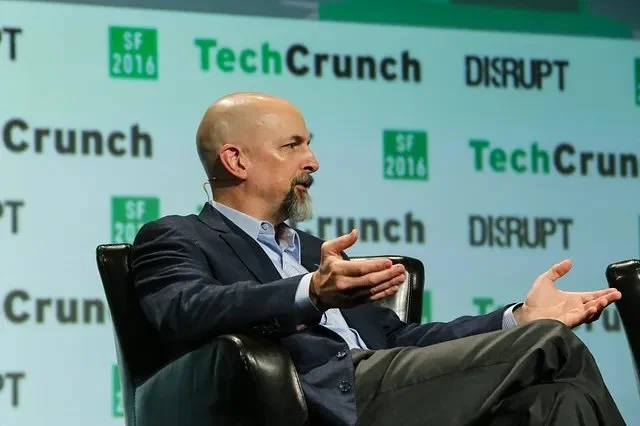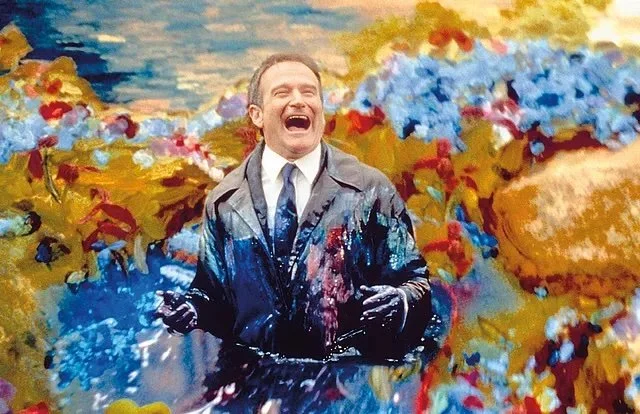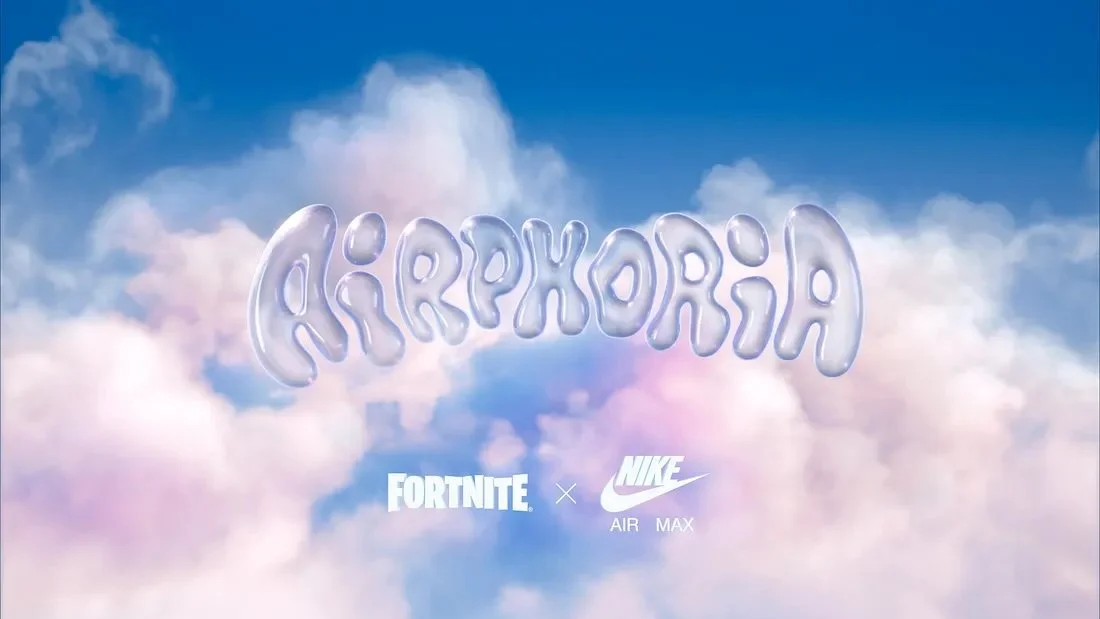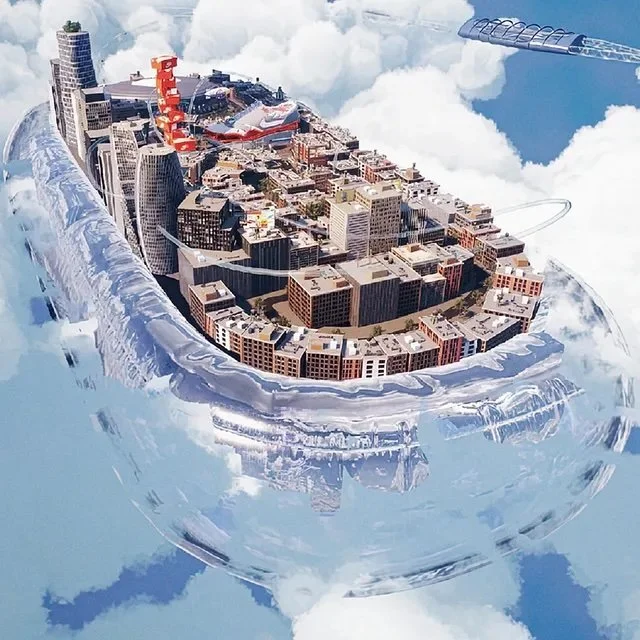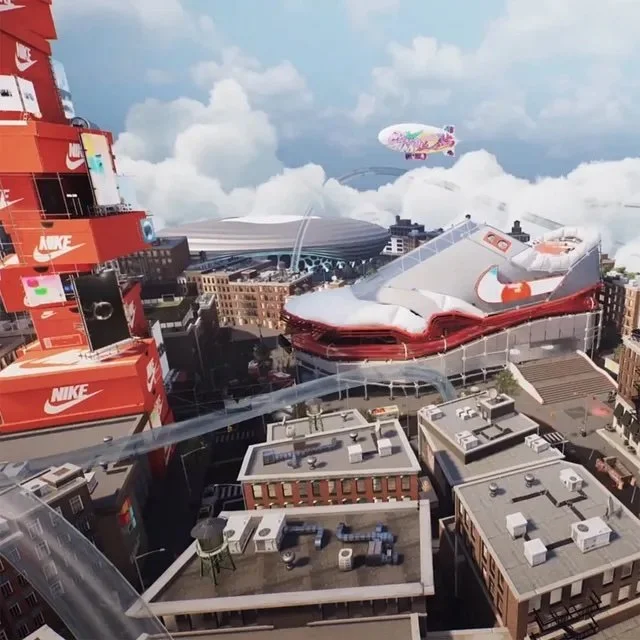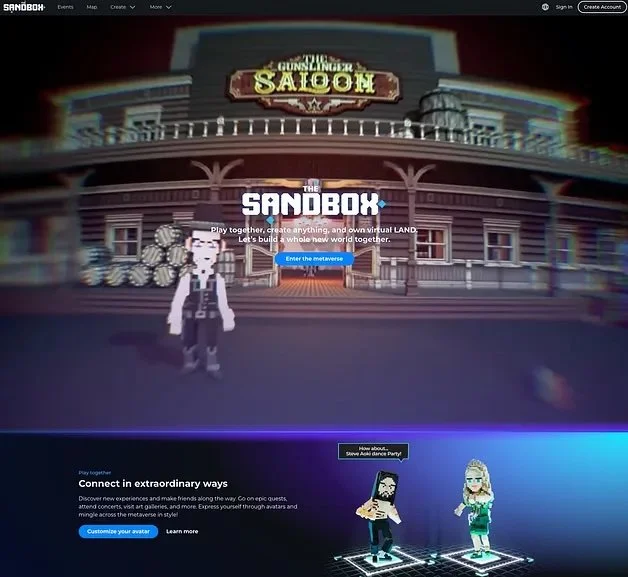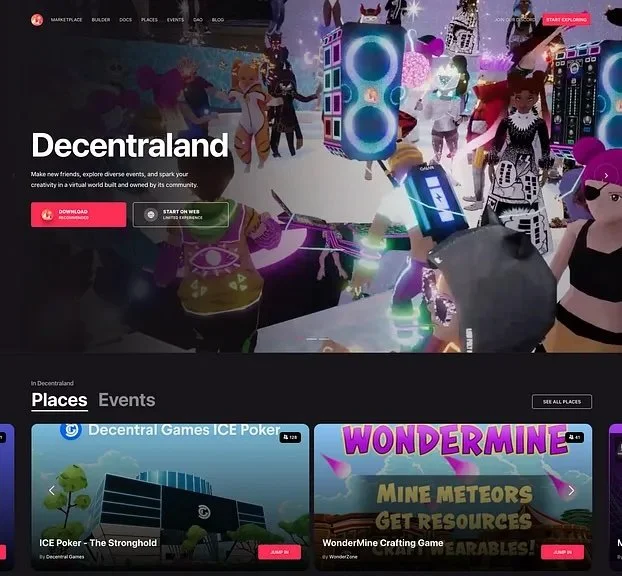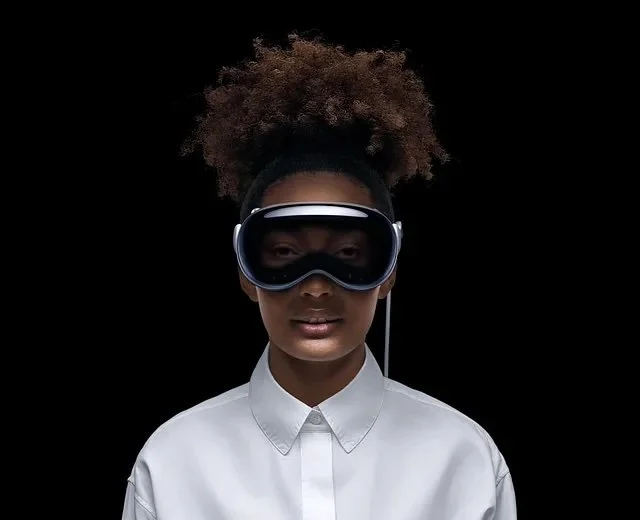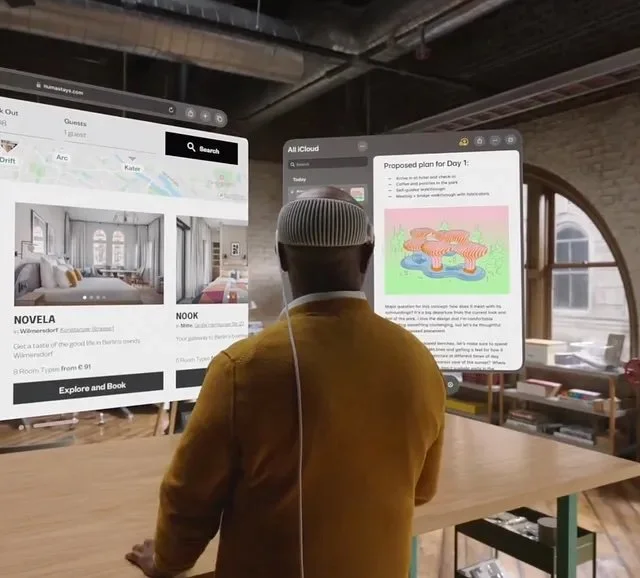No the Metaverse is not dead, it is just getting started!
The widespread ridicule of the Metaverse has always perplexed me. Perhaps it’s a consequence of its affiliation with Facebook, now Meta, or possibly due to Meta’s less than stellar announcement of their vision. Recently, amidst a spate of redundancies and subpar financial performance, murmurs that the Metaverse is dead have been growing. However, I believe many are missing the point: the Metaverse is far from deceased!
Before we proceed, let’s address the elephant in the room: I’m inclined to agree with the consensus that Facebook’s transition to Meta was primarily an attempt to rebrand and dissociate itself from the negativity surrounding its original name. Had Meta not intertwined its Metaverse vision with the corporate intrigues of the time, the Metaverse might have received a warmer welcome.
While there might be some truth in this, we shouldn’t dismiss the grand vision Mark Zuckerberg holds for the Metaverse. Who wouldn’t want to explore alternate realities, to become a participant in their narratives? Ready Player One, anyone? Sign me up now!
The term ‘Metaverse’ was initially coined by sci-fi author Neal Stephenson in his 1992 novel “Snow Crash,” and currently, it pertains to the domain of computer-generated, networked Extended Reality (XR), which includes augmented reality, mixed reality, and virtual reality. Today, the Metaverse primarily comprises somewhat immersive XR spaces where interactions take place between humans and automated entities.
The technological advancements and societal changes sparked by the COVID-19 pandemic in the early 2020s have thrust the Metaverse’s development into the limelight, inspiring billions of dollars in new investments. Some even predict that the Metaverse is “the future of the internet” or “the next internet battleground.”
Advocates of XR and the creation of more advanced, immersive 3D online worlds contend that its swift evolution will likely benefit all aspects of society — education, healthcare, gaming and entertainment, arts, and social and civic life. We are presently amid an extraordinary transformation. Virtual Reality, Augmented Reality, Mixed and Extended Reality are all set to seamlessly merge into our daily lives. It’s an inevitability.
Imagine journeying beyond mere exploration — experiencing a Picasso or a Mondrian painting within the Metaverse, seeing and feeling the artwork through the artist’s lens. I am reminded of the 1998 film ‘What Dreams May Come,’ starring Robin Williams. In one particular scene, Robin’s character lives through a dreamlike moment, within a field of wildflowers, which transform into a symphony of colours reminiscent of famous paintings.
Visualise great poems materialising in virtual spaces, engaging the senses with sound, colour, texture, and perhaps even scent. Such multi-sensory experiences would invite us to truly live the artwork, to feel the joy or pain the writer has infused within the words.
I sincerely believe the Metaverse holds the potential to connect people in magical, unexpected ways, thereby enriching the human experience. This innovative, immersive digital environment could truly redefine our understanding of art and connection, catapulting us into an era of unprecedented experiential richness.
As we traverse different spaces — homes, offices, or sports stadiums — they will become contextually aware, influencing content and user experiences. (For more information on Spatial Computing and Contextually Aware Spaces please read this article) Our ‘real world’ will surpass the boundaries of physics.
This immersive, interconnected 3D multi-world environment will witness a convergence of Virtual Reality, Augmented Reality, Artificial Intelligence, Blockchain, and Cryptocurrencies, all redefining our experiences. Recall 2007 when the iPhone’s launch signalled the fifth wave of innovation, instigating a seismic shift in our interactions and behaviour. Now, as we stand on the threshold of the sixth wave, we are set to witness another paradigm shift, with technologies such as Eye Tracking, Lidar, Haptic devices, higher definition compact screens, Brain-Computer Interfaces (BCIs) and AI transforming how we live, work, and play.
By 2030, we’re expected to spend more time in the Metaverse, a blend of AR and VR spaces, than in our physical reality. It’ll become routine to apply for jobs, earn a living, socialise, shop, and even marry within the Metaverse’s ever-expanding realms.
These virtual environments will naturally permeate areas like higher education, job training, and boardroom or workplace meetings. Surgery will be augmented by AR, allowing surgeons to perform increasingly intricate surgeries, while virtual patient overlays will provide computer-like navigation for added precision. Businesses and governments are likely to harness the Metaverse’s expansive reach and power increasingly in the future.
Within the next decade, we can anticipate the rise of BCIs, enabling human thoughts to be captured, recorded, and shared. These XR capabilities could allow us to live through others’ experiences or position ourselves at the centre of a cinematic narrative. The concept could even extend to creating synthetic, simulated worlds where humans and AI join forces to solve complex global challenges.
As investment and technological advancement in the industry skyrocket, more businesses are recognising the vast emerging opportunities. Noteworthy instances include Microsoft’s massive $69 billion deal to acquire Activision Blizzard, creators of popular online multiplayer games, and Nike’s 2021 purchase of NFT studio RTFKT, which has already generated an estimated $185 million through its SWOOSH platform.
Last month at the Cannes Lions Festival of Creativity, Epic Games, the team behind Fortnite and Unreal Engine, announced its collaboration with Lego and a new immersive experience with Nike, dubbed Airphoria. Both projects indicate new directions for the Fortnite platform, suggesting exciting ways brands might integrate digital and physical realities in the future. Consider this: as you read this, over 5 million people are currently playing Fortnite.
As the Metaverse becomes more accessible, businesses are developing all-encompassing and niche solutions for a diverse user base, potentially helping to overcome socio-economic barriers and inequalities. The Metaverse’s far-reaching influence may well dissolve many of today’s constraints and prejudices. As it revolutionises nearly every aspect of our lives, businesses must consider their role in this new frontier.
This isn’t merely about the obvious changes to interactions with employees, clients, and other entities within the Metaverse. As XR-based transactions become more commonplace, your business could offer a unique value proposition. Early adopters may gain a significant advantage, making it critical for companies to start exploring and experimenting as change accelerates.
The swift emergence of virtual technologies, applications, Non-Fungible Tokens (NFTs), and blockchain platforms like Decentraland, The SandBox and Somnium, are significant catalysts for progress. These advancements are encouraging more people to explore virtual environments.
The virtual future is a wide open landscape. Frontier technologies such as AI, VR, AR, and blockchain are already interconnecting and complementing one another, creating an ecosystem tailored for multiple virtual environments. Notably, the technologies and players that will further enhance Metaverse capabilities are yet to emerge. Apple’s recent announcement of their Mixed Reality Headset, despite Apple refraining from using the term Metaverse, will undeniably push what’s possible within the Metaverse and bring an even larger audience to virtual reality.
With Apple’s entrance into the space, it’s projected that within the next five years, hundreds of millions of virtual reality tools and platforms will be embraced by consumers and businesses worldwide, potentially becoming more ubiquitous than mobile phones by the end of this decade. An area expected to grow exponentially includes tools to create ‘Digital Twins’ for SMEs.
Welcome to the 6th Wave — Business leaders need to understand how their organisations should adapt as the Metaverse reshapes industries and lifestyles.

